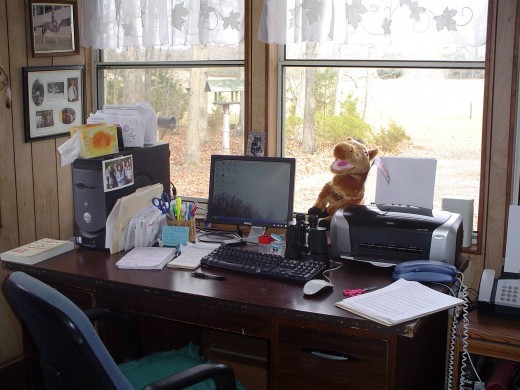How To Perform Legitimate Research On The Internet
Having written three non-fiction books and two historical fiction novels for young readers I have replied heavily on the Internet for my research. The Book of Miniature Horses, The Book of Draft Horses, and The Book if Mules required extensive research. Pale as the Moon and An Independent Spirit are based on historical events in North Carolina history. Naturally, I tried to get my facts right even though the stories surrounding the events were fictional.
I learned early on that just because it is published on line does not make it true. In one of the early reviews of Pale as the Moon the Wilmington Star reporter found a glaring mistake and pointed it out in his review. I had put people in a place that had not been discovered at the time I put them there. I'd gotten my information from the Internet, but the information was wrong. Imagine my embarrassment. Fortunately, the first print run sold out in a few months and my publisher and I were able to correct the error in the second printing.
After that experience I became very careful about what resources I used for my research. My first picks are university websites, veterinarian research sites, and respected magazines in my field of study. I know which universities are best known for their equine research departments and keep them book marked. Breed associations, equine advocacies, and horse councils are other dependable resources. These groups also have lists of members, breeding farms, and helpful links on their websites.
Another way I use the Internet for research is to look for experts on forums and personal websites such as farms, training facilities, and well know experts and clinicians. I email or send a personal message to the expert and ask for an interview. I have been in the horse business for over thirty years, so I know quite a few professionals and teachers in the industry. I prefer interviewing via emails, because it lessens the chance of misquoting my source. My hearing is not great and telephone interviews are particularly difficult. I keep the emails in folders so I can go back to them as I am writing. I have had very good response from folks, because it seems horse people love to share their knowledge.
I hesitate to use information found on blogs, personal websites, forums, and zines unless I can find follow-up verification. While some of these offer very good material they sometimes are peppered with opinions, outdated information, and old wives tales. Sometimes folks with their own agendas publish websites to further those agendas and play around with facts. I proceed with caution when reading these type websites. Approach your online research the same way you do in a brick and mortar library, using only reliable information. You'll find the Internet is a marvelous research tool, with university libraries, professional journals and research papers just a click away.









